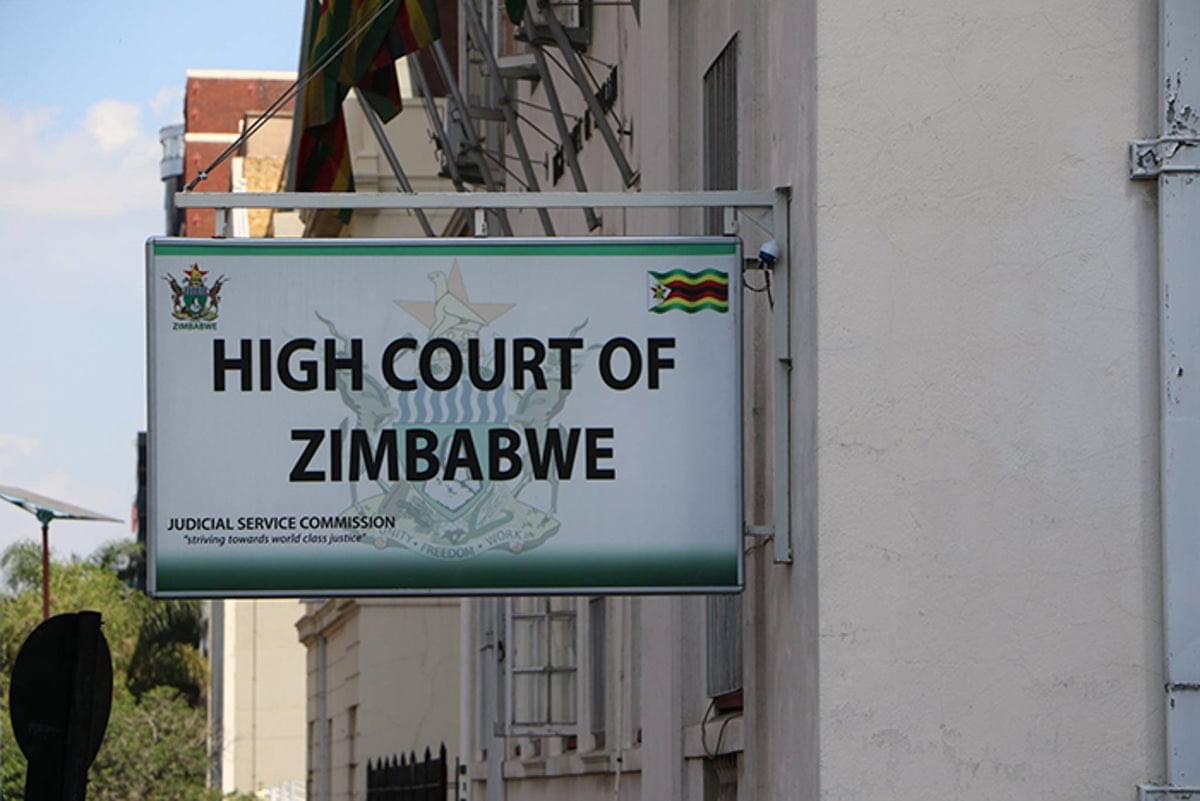Minister Winston Chitando’s firm, Barrington Resources, lost its High Court case to prevent Pulserate, a company related to the Moti Group, from mining lithium near Mutoko, Mashonaland East.
Barrington Resources was decided against by High Court Judge Justice Munamato Mutevedzi.
Barrington Resources filed an application under Case No. HC 8671/22 for the settlement of a boundary dispute involving the borders of opposing lithium claims owned by Barrington and Pulserate, who both believe that their claim covers the Good Days mine inside its bounds.
Chitando has been accused of having a conflict of interest in the case due to suspicions that he owns Barrington Resources. Chitando is also associated with Hanzu Resources, another mining firm.
Chitando in his capacity as Minister of Mines and Mining Development was cited as the third respondent and some of the accusations traded by the parties entangled the minister in the dispute in his personal capacity.
In a detailed judgement delivered by High Court Judge Justice Munacho Mutevedzi dated June 27 and July 21, 2023, it was contended that the coordinates which Barrington Resources claimed are the correct ones cannot be proved without showing the court that due process was followed in their pegging.
The most critical issue, according to court documents, was whether the applicant Barrington Resources was the prior pegger of the mining location in dispute.
The sole material dispute of fact which the court is capable of resolving on the papers is who between the contesting parties is the prior pegger. Its resolution can be dispositive of the application.
Barrington in its application claims it acquired the mining rights in 2012, but the company was only incorporated in 2013 according to its registration number.
There is no pre-incorporation contract, according to the court papers to make the acquisition legal as required in law.
“ If there isn’t a pre-incorporation contract, then the applicant’s claim to be the owner of the mining blocks in question can only be a fraudulent transaction,” reads part of the documents.
Pulserate, according to the court papers, said it had carried out necessary due diligence before the acquisition of the mining blocks in question.
These investigations included obtaining information from the second respondent (the Mines Ministry) who confirmed to it that at the time the fifth respondent (Hope Mine syndicate) pegged the blocks the mining location was open for pegging.
According to the court documents, due process was followed by the fifth respondent while Barrington did not submit evidence in its application to support its allegation that it was the prior pegger of the claim in question.
Pulserate laid into Chitando by alleging that his overbearing influence was evident throughout as seen by the illegal procurement of its documents kept at the Ministry of Mines offices.
Pulserate stated that it is Barrington itself seeking to fraudulently take over its Good Days K claim citing that the arrangement between Chitando and Barrington Resources was illegal.
Pulserate had referred to press reports which contained these allegations which the Minister did not deny.
The allegation regarding the incorporation status of Barrington was made right from the start by Pulserate.
Using bare knuckles, the first respondent (Pulserate) did not only accuse the applicant of approaching the court with dirty hands but that it literally “dripped raw sewage”.
Pulserate claimed that the application (Barrington Resources) is a corporation controlled by Chitando, citing section 364 of the Mines and Minerals Act, which specifies that such Minister cannot be involved in any mining enterprise directly or indirectly.
According to court papers, the problem was exacerbated by Chitando’s decision to disregard the application and even refuse to reply in the case of a personal assault on him.
Despite the challenge to its formation, Barrington kept silent on the matter and did not reject the accusation that it was incorporated in 2013, as evidenced by its registration number.
It also did not deny the registration number.
According to the judgement, the court found that Barrington Resources had not been incorporated in 2012 and its purported acquisition of the mining rights from Andrew Zuze was a nullity in law.
Barrington’s failure to answer to the allegations by Pulserate about their incorporation and their attempt to shift the onus was nothing more than an admission by Barrington that there is no pre-incorporation contract when they purportedly acquired the mining rights in 2012.
Barrington also tacitly admitted a failure to comply with all other requirements that would have validated its transaction with Zuze.
Its acquisition of the mining rights was therefore defective at the very best and a nullity at worst.
According to the court papers, two entities can have mining certificates for the same mining location, and both can be deemed a pegger to the mining location.
To determine the rightful pegger one has to consider prior peggers, where the pegger has to ensure their mining rights are duly maintained, which means to abide by all the conditions for your mining rights not to be revoked.
According to the judgement, Barrington could not have properly acquired the mining rights from Zuze in 2012 as it was before their incorporation as it could not perform juristic acts.
In turn, if it purchased the claim in 2017, Barrington cannot be regarded the prior pegger because Pulserate’s predecessor acquired the mining rights before Barrington in 2016 and complied with all of the mining rights’ restrictions before selling the mining rights to Pulserate.
As a result, Justice Mutevedzi ruled that Barrington is not the prior pegger of the mining property at issue.
In light of the foregoing, it is ordered that the application be and is hereby dismissed entirely. The applicant must pay the costs of the first responder.” Justice Mutevedzi issued the order.
Source ZiMetro












